Posted: August 15, 2017 | Categories:
News |
Home Buying 101
By Highland Homes
Updated April 25, 2023
If you’re looking to finance your dream home with a mortgage, you’re going to want to know the ropes about each and every aspect of the process — especially the approval process. As a borrower, the best thing you can do is stay in contact with your lender and keep yourself informed on the home loan lingo.
Here is some important info on underwriting, its components, and how all of this gets you approved for a mortgage!
What is Underwriting?
Underwriters work to examine all of your paperwork to determine your eligibility for the loan you have requested and the risk that they will have to take to loan it to you. They measure your power to repay the loan by looking over financial impacts like income, debt, and past history of borrowing. Nowadays, many underwriters work with software programs that scan your paperwork for accuracy.
The Four C’s of Underwriting
Thanks to Freddie Mac, the underwriting process has been made simple with four easy components your underwriter will use to access your loan eligibility:
Capacity to Repay - Lenders look at your employment, debt, savings, and other financial obligations to ensure you have the capacity, or ability, to pay back the loan you are requesting. This compares your income (from paystubs and tax returns, and including social security and self-employed income) to your recurring debts (car payments, credit cards, student loans, child support, alimony, etc.). You may hear this referred to as a debt-to-income ratio.
Credit Score and History - Your credit score, payment history, accounts, and more will help determine your loan eligibility. Your lender will use information from reliable sources like Equifax, Trans-Union, and Experian to evaluate whether you pay bills on time and verify your current debts. Some mortgages also have minimum credit score requirements, and your score could influence your interest rate.
Be sure to always take a close look at your credit report with your lender to make sure that everything is accurate, factual, and up to date. According to a study commissioned by the Federal Trade Commission, one in five people have an error on their credit report - another investigation by Consumer Reports indicated that number may be as high as 34%! Inaccurate information could affect your ability to get credit, insurance, or even a job, so reporting errors improves your overall credit history, and your credit score may go up if a mistake is properly reported and removed.
Capital - Sometimes referred to by lenders as cash reserves, simply put, capital is money you have in accounts. Havings money saved shows lenders that you manage your finances well, and that you have funds to pay the mortgage - sometimes, lenders will require a certain amount of reserves to be in your accounts.
Cash reserves may include:
- Savings accounts
- Money market funds
- Individual Retirement Accounts (IRAs), Certificates of Deposit (CDs), stocks, bonds, or 401(k) accounts
Generally, lenders will ask you to provide two months of bank statements for all of your accounts. Be prepared to provide a written explanation for deposits into your accounts coming from sources other than payroll, because your lender will need to ensure it's allowable income for qualifying - for example, a loan cannot count towards your qualifying income or be used for down payment funds.
Lenders may also accept capital sourced from:
- Gifts from family members, with a signed gift letter confirming no repayment is required
- Down payment or closing cost assistance programs
- Grants or matching funds programs
Collateral - This takes into consideration the value of the home you are buying and ensures the lender that the value of the home will cover the mortgage loan they are providing you. During the homebuying process, your lender will order an appraisal to determine the market value of the home.
Get Approved!
 After all of these aspects are taken into consideration, you’ll be on your way to approval in no time! If you’re interested in finding a new home in Florida, you can get pre-qualified today with a Highland Homes lender partner to determine your home purchasing power, get a personalized analysis of your credit and finances, and start down the path towards home ownership!
After all of these aspects are taken into consideration, you’ll be on your way to approval in no time! If you’re interested in finding a new home in Florida, you can get pre-qualified today with a Highland Homes lender partner to determine your home purchasing power, get a personalized analysis of your credit and finances, and start down the path towards home ownership!
For more information about our lender partners, new homes in Florida, and additional homebuying tips and information, visit the Highland Homes website or call our New Home Specialists today at 863-797-4999.
Please note, the information contained in this blog is provided as a courtesy and should not be solely relied upon for home buying advice or information. The information provided in this blog was accurate at the time of publication but has not been verified since. Please consult with your financial, tax, legal and/or real estate professional for more details.
Tags:
Home buying 101
Credit score
Mortgage
Mortgage application
Credit report
Mortgage pre-approval
 After all of these aspects are taken into consideration, you’ll be on your way to approval in no time! If you’re interested in finding a new home in Florida, you can get pre-qualified today with a
After all of these aspects are taken into consideration, you’ll be on your way to approval in no time! If you’re interested in finding a new home in Florida, you can get pre-qualified today with a 

 Equal Housing
Equal Housing